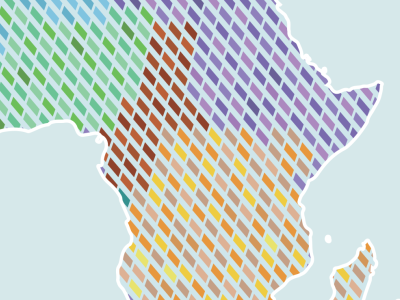
Applying a political economy approach in Tunisia
This paper captures the experience of providing political economy support to the EU delegation in Tunisia, and shares lessons learned.
Summary
This paper captures the experience of providing ‘political economy support’ to the EU delegation in Tunis – at the stages of context analysis and programme design – and looks at the lessons that can be drawn for partners seeking to take a more politically informed approach to their work.
Donors increasingly recognise the need to understand better the interests and incentives of key actors and institutions in a specific context, but they struggle to adapt their operations to take account of these political economy realities.
The paper highlights that bureaucratic incentives and political decisions can limit the space for adaptive and flexible approaches. There are, however, innovative ways to identify and fund projects where there is domestic traction for effective change and the ambition to push change and be creative within the donor agency.
A political economy approach can assist in creating a common platform for discussion and understanding of context and problems among staff, and help change mindsets about engaging with development issues in a more politically-informed way. Overall, the process can contribute to a more politically feasible and adaptive programming over the long term. Much depends on the individuals involved, their interests and willingness:
- to think creatively within the bureaucratic context and existing instruments;
- to build coalitions within the organisation and outside with drivers of change; and
- to accompany support to projects as they unfold.
Photo courtesy of Haythem Gataa via Unsplash






